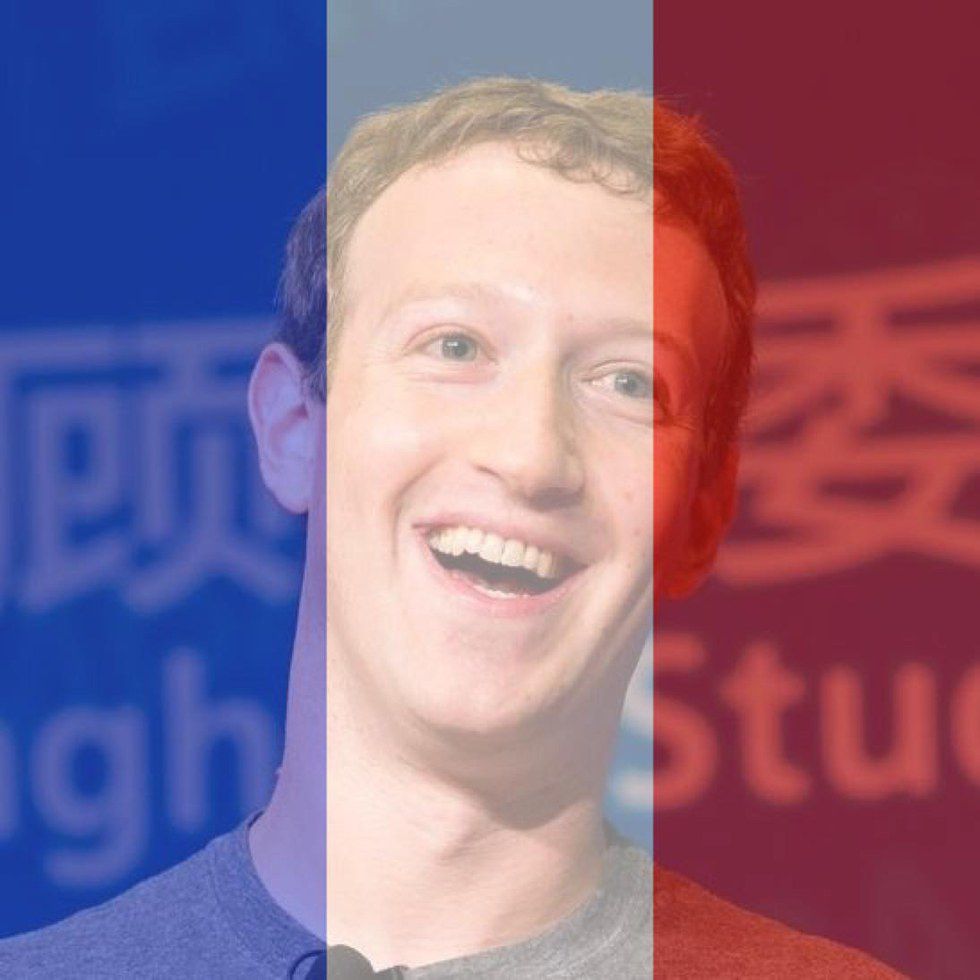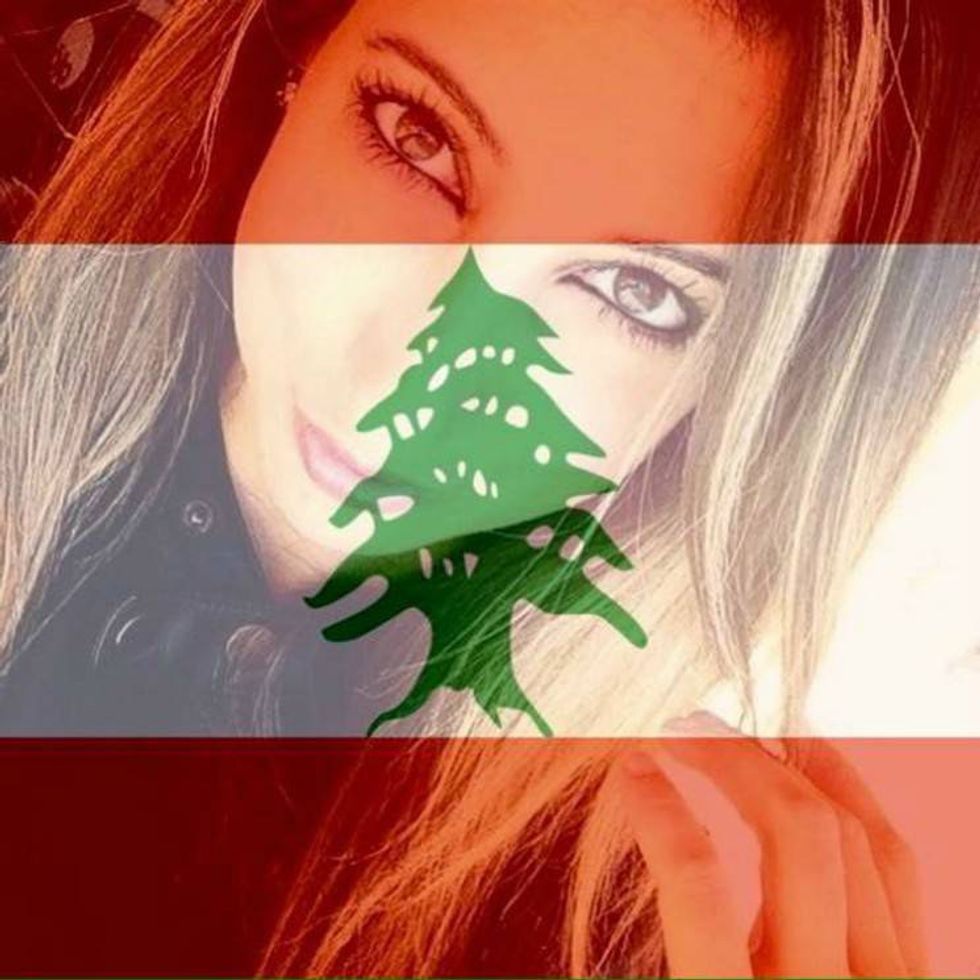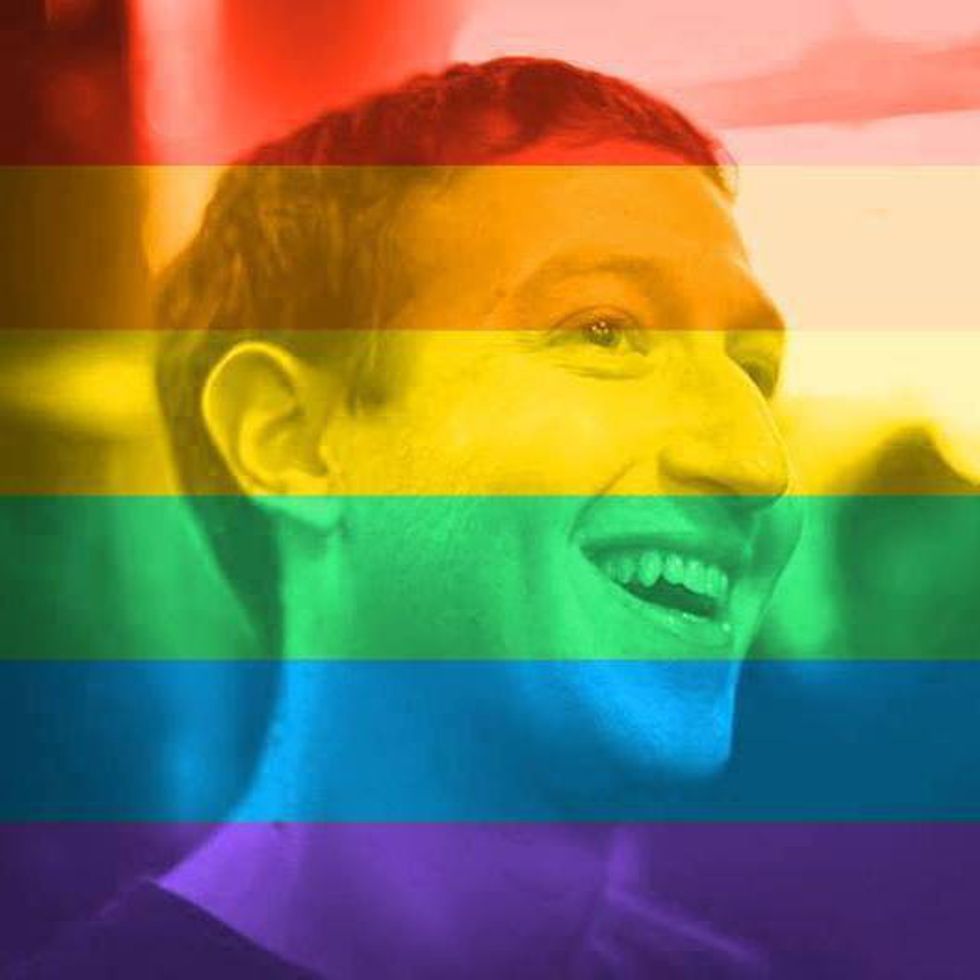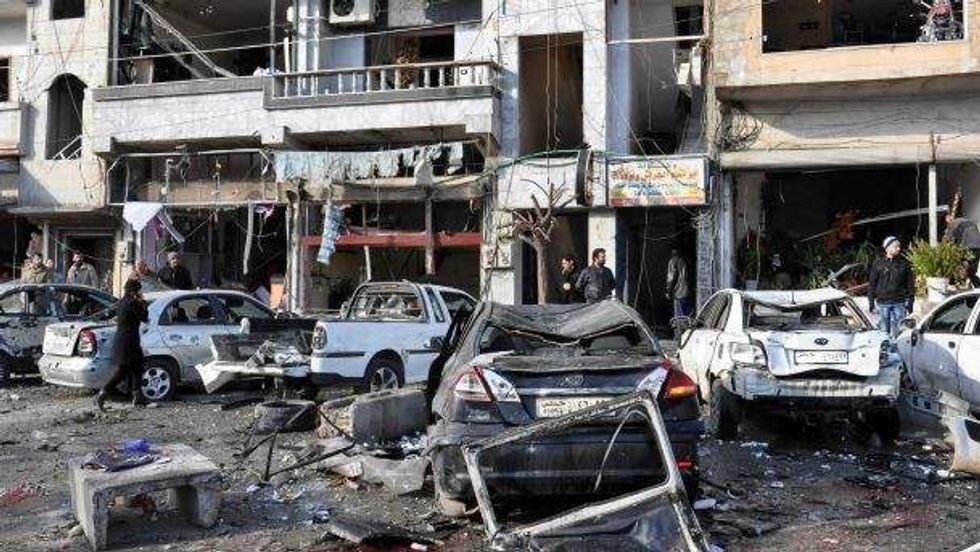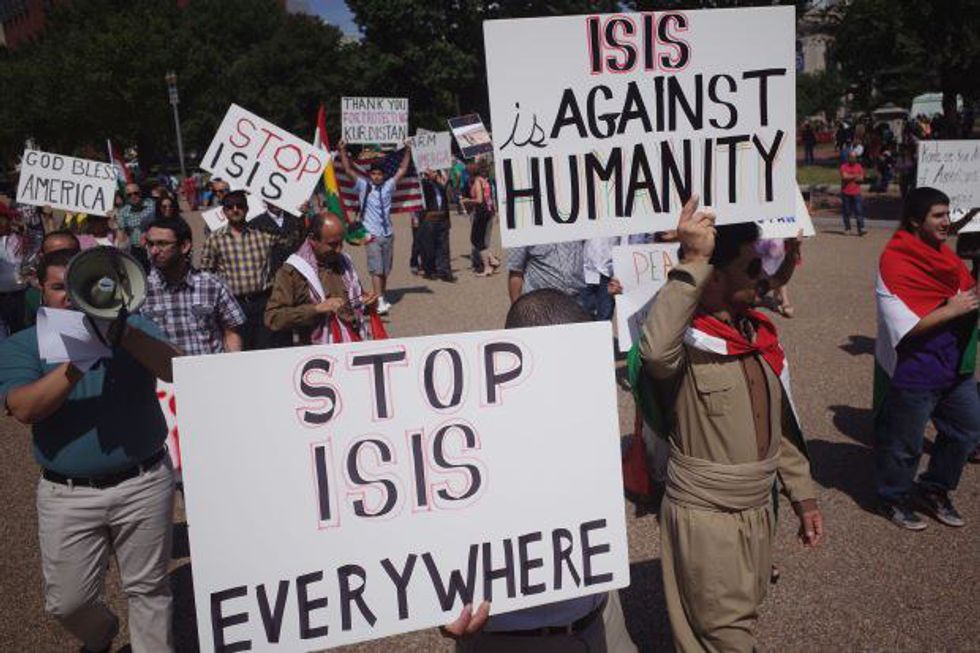After ISIS executed a terrorist attack on the Eiffel Tower in Paris, France on November 13, 2015 that lead to the death of 130 people Facebook released a temporary “tragedy filter.” The filter is a transparent overlay of the French flag over the person's current profile picture.
Recommended for you
The filter gave Facebook users the opportunity to show support and unity with the city of Paris after the tragic terrorist attack. I thought that the feature was a nice visual of solidarity and people's humanity as my Facebook feed filled with the non-American red, white and blue. I quickly realized, however, that not all tragedies would earn the same attention and coverage from the world’s leading social network.
Three days prior to the Paris attack the same group, ISIS, committed a similar attack that killed 43 people in Beirut, Lebanon. Two suicide bombers detonated explosives in a suburban Muslim neighborhood. Although this attack was similar to the one that occurred in Paris the Beirut did not exhibit the same media coverage, and certainly didn't receive any offer of unity or humanity from Facebook as Paris did. In fact, most headlines concerning Beirut came after the Paris attack reading “Beirut, Also the Site of Deadly Attacks, Feels Forgotten” and “Not Just Paris: Why Is Beirut’s Brutal Terrorist Attack Being Ignored?” where Rolling Stone writer Anna Lekas Miller pointed out the difference in how differently the west treated the incidents.
The Paris filter wasn't the first flag overlay released by Facebook to show unity. In late June 2015 after gay marriage became legal in all 50 states, Facebook released an overlay of the LGBT flag for people to celebrate and show their support for equality and human rights.
Again, I thought that this was a nice gesture. Good job Facebook. The display of unity, however, wasn't offered for a human disaster again until the Paris attack, and then again after a recent attack in Brussels, Belgium. But what about other terrorist attacks committed by ISIS, alone in between these releases? Here are a few:
July 2015
Egypt - Suicide bombing killed 21 officers at a military checkpoint in Sheikh Zuweid, North Sinai.
Turkey - Suicide bombing in killed 33 people. Another bombing killed 130 people at a peaceful protesting rally.
August 2015
Saudi Arabia - Suicide bombing at a mosque killed at least 15 people.
September 2015
Yemen - 20 people killed in a suicide bombing at a mosque; 22 days later 25 more people killed from bombs that went off outside of a mosque.
October 2015
ISIS took down a Russian plane. 224 people were killed.
December 2015
Yemen - Provincial governor and eight body guards killed in a car bombing.
January 2016
Libya - A suicide truck bombing killed 60.
Turkey - A suicide bombing targeted at tourists killed 12.
Indonesia - A bombing and shooting killed at least four people.
March 2016
Turkey - A suicide bombing killed four people.
Yemen - 18 people shot and killed at a nursing home.
A more complete list (excluding Syria and Iraq) of ISIS attacks can be found here.
Of all the listed ISIS attacks none of them were given any major media coverage or filters from Facebook, even if they were reported by news outlets such as CNN. A common denominator for all of these countries is that they are all predominantly Muslim countries. I feel that the lack of coverage of these incidents in western media and social media narrative perpetuates islamophobia among Americans and the rest of the western world whose opinions may be skewed based on media stories and coverage. The sparse and strategic release of the tragedy filters also stimulate a notion that ISIS represents (all) Muslims are against the world when in fact ISIS is against the world, including other Muslims. Why not bring attention to that fact that ISIS attacks Muslim countries, too? How can Facebook ignore these attacks when they claim to want show humanity for victims of ISIS and solidarity against the terrorist group?
I think that humanity and solidarity is important in a time of tragedy. To allow people to display their moral support for other countries is a great and noble effort by Facebook. But I won't support this effort until they become less selective. I won't support efforts that are extremely biased and potentially escalate false belief and prejudice towards an entire religion. I won't support efforts that only care about human disasters because of the group that caused the disaster (ISIS attacks aren't the only terrorist attacks) or the group who suffered from the attacks. I won't support efforts that are based on politics or mainstream media yet claim to be humanity efforts. Until I see Facebook’s tragedy filters spread beyond western media headlines I won't use them and I won't support them. Better, when I see Mark Zuckerberg and his Facebook team prove that "we care about all people equally, and we will work hard to help people suffering in as many of these situations as we can" I will support the feature and I will support the efforts.


